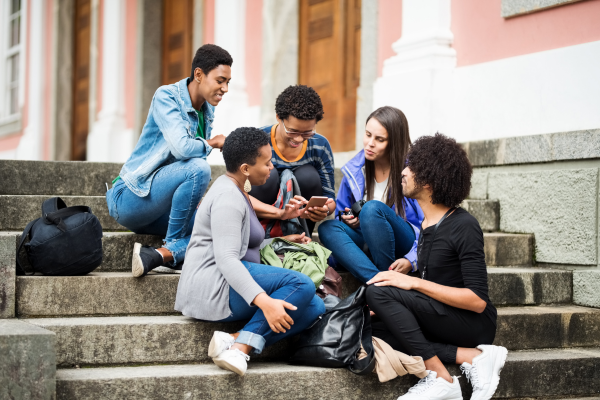In today's fast-paced and interconnected world, it's easy to get caught up in the whirlwind of other’s lives and simultaneously not feel included “in the loop”. These feelings of missing out, living vicariously through others, or believing you’re alone may contribute to a more negative headspace.

Social Connectedness
Having fun - backed by science!
Loneliness has become a common issue, affecting people of all ages and backgrounds. The impact of loneliness on our well-being is staggering. According to the Centers for Disease Control and Prevention (CDC), loneliness can be more damaging than smoking 15 cigarettes a day or being obese. It reduces our ability to be resilient and poses significant health risks.
Furthermore, studies have shown that loneliness is associated with higher risks of other health conditions. Older adults who experience chronic loneliness have a higher risk of developing dementia by 50%, heart disease by 29%, stroke by 32%, and even type 2 diabetes. Loneliness also takes a toll on mental health, increasing the likelihood of depression, anxiety, and addiction.
In recognizing the importance of social connections in overall well-being, it's crucial to take proactive steps to foster meaningful relationships. Recreation and social engagement play a vital role in this process. By participating in activities such as joining a sports league, book club, hobby group, fitness class, or gardening club, we can develop connections with like-minded individuals and enrich our lives.
The benefits of social connection and recreation extend beyond mere enjoyment. Research indicates that individuals with strong social relationships and regular engagement in leisure activities tend to live longer and have better mental health outcomes.
Volunteering is for everyone.
Another powerful way to enhance personal well-being while making a positive impact on others is through volunteering. Volunteering offers a multitude of benefits for both individuals and communities. Not only does it reduce stress and release dopamine, a neurotransmitter associated with happiness, but it also provides a sense of purpose and fulfillment. Volunteering allows us to develop meaningful connections based on shared values and passions.
Whether we choose to join a community organization, assist at a local charity, or dedicate our time to a cause we care about, volunteering can be a transformative experience. It not only benefits those we help but also nurtures our own well-being and self-determination.
In a society increasingly characterized by digital connections, nurturing our social and emotional well-being has never been more crucial. By prioritizing social connectedness, engaging in recreational activities, embracing volunteering, and more, we can boost our overall well-being, enhance our sense of autonomy and self-determination, and experience the joys of living a fulfilling life. Let's seize the opportunity to cultivate a healthier, happier life for ourselves and those around us.
